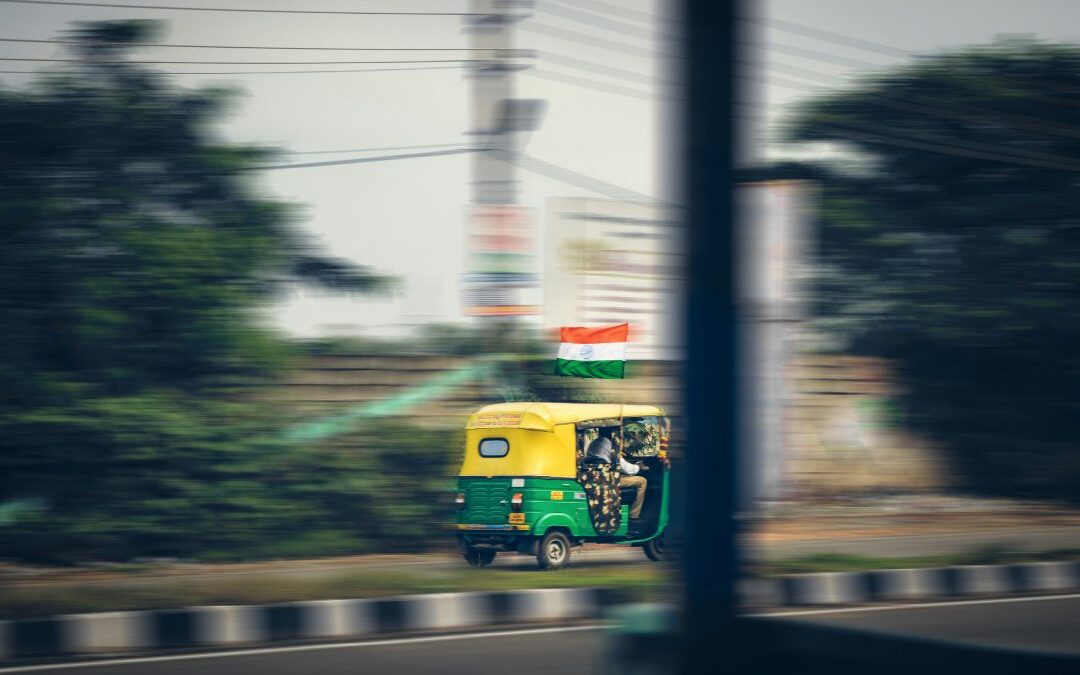BIS Ups Safety Standards for Electric Vehicles in India
E-rickshaws and e-karts are gaining traction nationwide, prompting BIS to establish specific safety standards for these popular vehicles as well.
The Bureau of Indian Standards (BIS) has upgraded the electric vehicle (EV) safety in India with the introduction of two new standards. These regulations aim to significantly improve the safety and quality of electric two-wheelers (L category), four-wheelers (M category), and goods trucks (N category).
This move comes amidst India’s growing electric mobility scene, which extends beyond cars and trucks. E-rickshaws and e-karts are gaining traction nationwide, prompting BIS to establish specific safety standards for these popular vehicles as well.
The new standards, designated IS 18590: 2024 and IS 18606: 2024, place a special focus on electric vehicle powertrains, the heart of any EV. BIS emphasizes that these regulations ensure stringent safety requirements for EV powertrains in India. This includes robust safety and performance benchmarks for batteries, guaranteeing both power and security.
The official BIS statement underlines that these standards encompass a wide range of aspects, from construction to functionality, with the ultimate goal of safeguarding both EV drivers and passengers. This initiative by BIS signifies a significant step towards raising the bar for electric vehicles in India.
India already boasts 30 different BIS standards dedicated to electric vehicles and their accessories, including charging systems. As per the BIS statement, these standards play a crucial role in driving India’s transition towards a more sustainable, eco-friendly, and efficient transportation network.
Read More
Indian Steelmakers to Meet Global Emission Standards by 2030; Says Crisil

